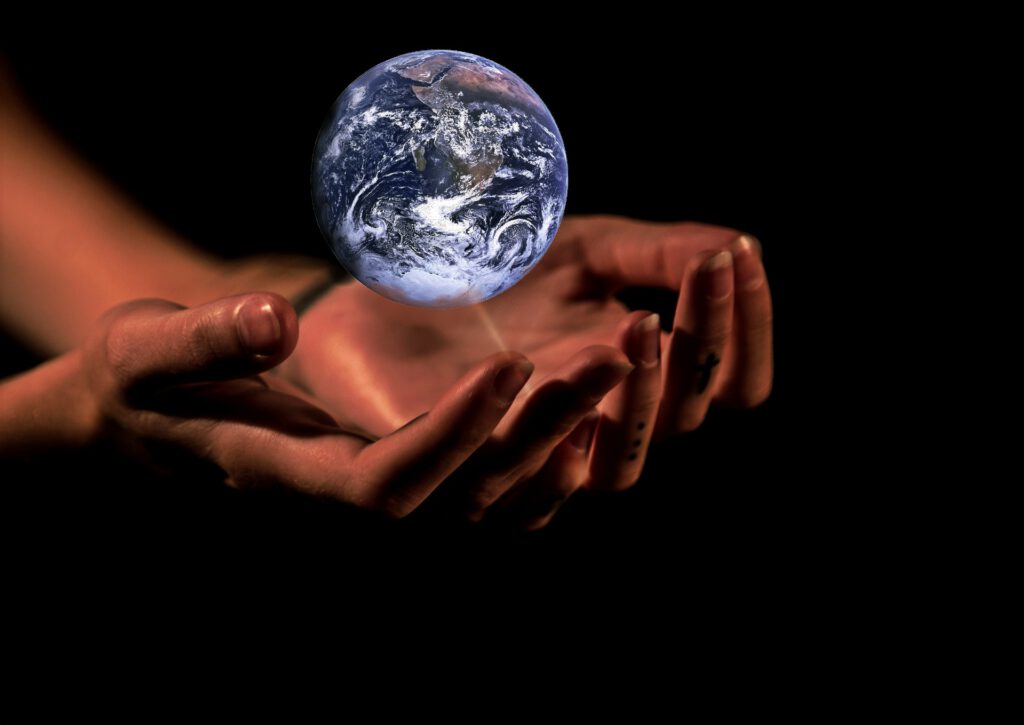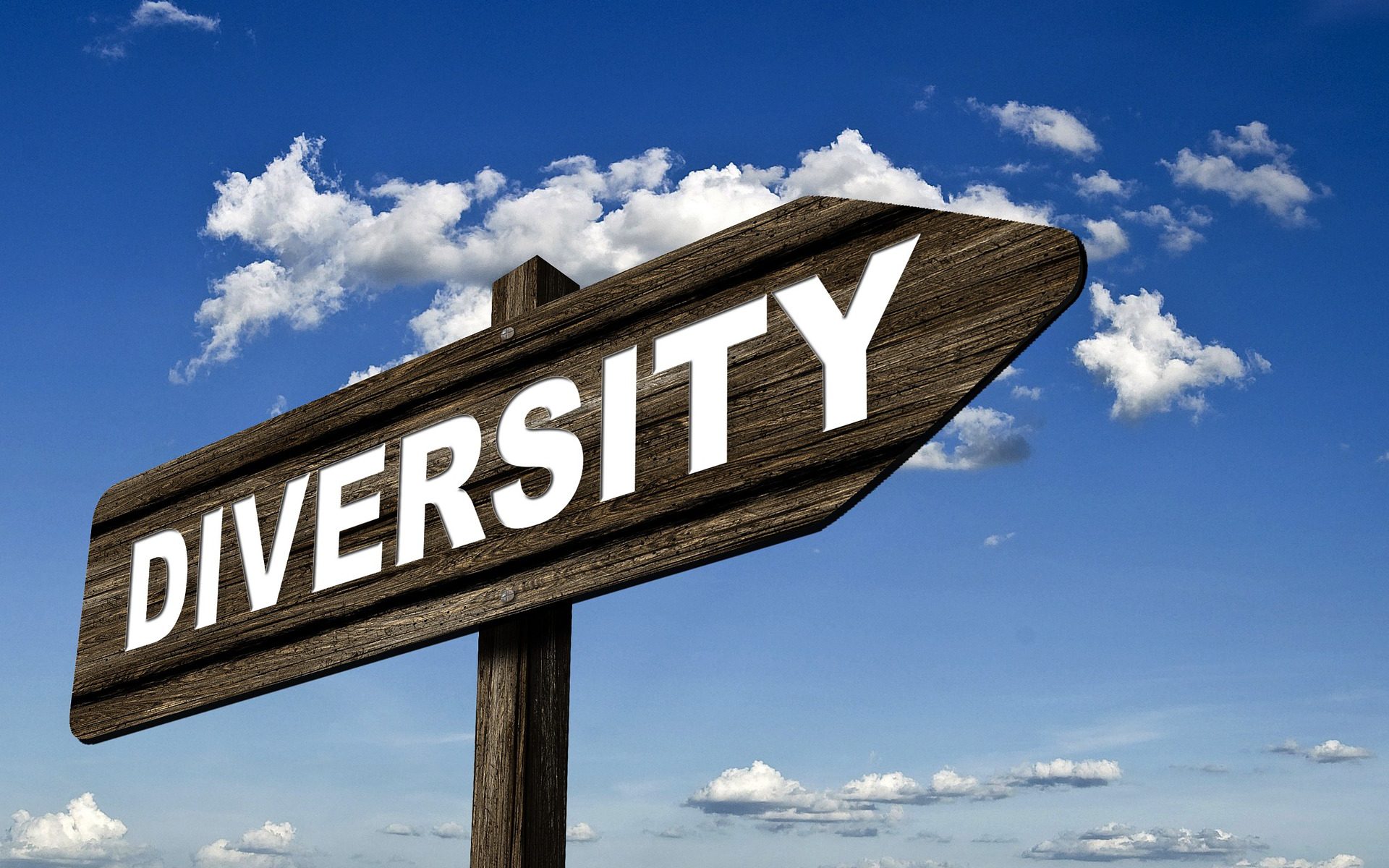Culturescape vs. Individual Empowerment
Equality and diversity inclusion are megatrends. Scientists, societies, companies – all analyzed these topics from various perspectives. We made progress along time, but still some work has to be done.
Workplace diversity covers all the differences between people in an organization. That sounds simple, but diversity encompasses race, gender, ethnic group, age, personality, sexual orientation, cognitive style, tenure, organizational function, education, background, and more. Diversity not only involves how people perceive themselves, but how they perceive others. Those perceptions affect their interactions.
As workforce demographics shift and global markets emerge, workplace diversity inches closer to becoming a competitive imperative instead of a flag that companies wave to show their commitment to embracing differences and change. Providing diverse environments is not good enough. We have to generate inclusive environments. The ultimate goal is to reach gender and social equality at all levels of companies and societies.
The core message of the diversity movement is a call to recognize and acknowledge that differencies and similarities are a fact of life in any group of humans.
Diversity is about the happiness of people living and working together
In our conversations about diversity we sometimes forget that diversity is about humans. It’s about how happiness, for people of any gender, race, social class, personality, age, ethnicity etc. living and working together, can be reached. Happiness is the end result of being human. Happiness is about experiences in life, about love, about doing things that really excites us.

Diversity is today more a mental model rather than a heart project. Organizations look for business cases rather than understanding that without human diversity and equality, we won’t be able to secure economical growth, we won’t have peace in many areas of the world, and we won’t be able to protect our planet as it deserves.
The rules of life are true only for ourself, due to our conditioning
In diverse teams there are the inevitable challenges: Communication can be difficult due to perceptual, cultural, and language barriers. Ineffective communication can result in confusion, lack of teamwork, and low morale.
We humans live in two worlds. The physical world describes our reality – the things we can touch. But it also exists a world of language. This is the world of the relative truth, it exists as abstract understandings in our heads. Words help us create our world. Words like calories, diversity, success, career are abstract constructs of our brain. These words have different weight in different languages. When intercultural interaction and communication happens, the words are missleading. Sometimes these words will lead us to traps. We are tending to set goals based on these mental models. In order to move forward, we have to get out of our heads, we have to look into our hearts.
The Culturescape limits us
Culturescape is the cultural landscape of your living environment. Before the world was globalised and connected, the culturescape gave as orientation. In the world we live in today, we have to expand our understandings about life. We have to find new ways to accept other ways of being, thinking and living.
It is important to realize the key role the culturescape plays in the gender and diversity topics worldwide. The world around us happens in our minds, based on beliefs, norms, values, languages, traditions, rituals, cultures, social indoctrination. Families, educational institutions, companies and governments: All tell us how to be, do and think.
„Everything around you that you call life, was made up by people that were no smarter than you. And you can change it, you can influence it, you can build your own things that other people can use. Once you learn this, you will never be the same again.“
Steve Jobs
Cosmopolitism and empowerment are key for the future
One solution to overcome the limitations of the culterescape is: Individual Empowerment with the aim to reach happiness. Equality and success starts in our head. Individual empowerment will help reach gender equality faster, will accelerate the poverty reduction, and greater educational attainment.
Another way to overcome the limitations of the culturescape, is to embrace cosmopolitan values. Cosmopolitanism is the ideology that all human beings belong to a single community, based on a an inclusive morality, and a shared economic relationship. Kwame Anthony Appiah suggests the possibility of a cosmopolitan community in which individuals from varying locations (physical, economic, etc.) enter relationships of mutual respect despite their differing beliefs (religious, political, etc.).
Diversity starts with us
At Be Cosmopolite we empower women and people from underrepresented groups to improve their life. You can learn how to become inclusive and what you need to do to get equally treated. Empowerment starts with understanding the challanges you are in: What are the inner and outer barriers? We offer trainings in leadership, empowerment, gender communication, inclusive leadership and unconscious biases.
When I am inclusive, I encourage everybody’s input and participation – I accept diversity. When I am happy, I accept the happiness of a diverse world. A meaningful, exciting and happy life will automatically lead to diversity. When people will be able to follow their heart, and understand that the culturescape is not real, we will create something new: a truly diverse world.
It’s time for a radical change

If we keep following the rules of the culturescape with the traditional definitions of life and business goals, we won’t change much. The culturescape keeps us safe. When we live a safe life, we fight everything external or internal that can bring change. We are afraid of change. We get stagnated in our lifes, in our companies, in our societies.
Inclusive workplaces, however, should be the new normal, and it brings many benefits. Marketing, creativity, problem-solving, and system flexibility all play into the value of diversity, bringing net-added value to organizational processes. It takes leadership, changes in organizational culture and mindsets, HR management systems, educational programs, embracing race, and ethnic diversity and, most of all, C-level responsibility and genuine involvement. As organizations become more diverse, the cost of a poor job in integrating workers will increase. Those executives and politicians who handle it well, will create tremendous advantages.


